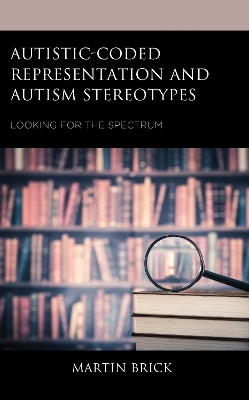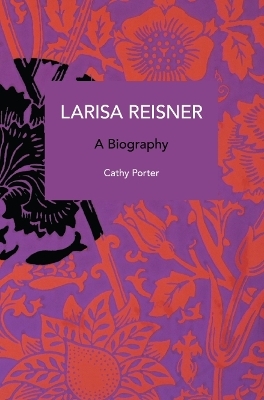
Autistic-Coded Representation and Autism Stereotypes
Looking for the Spectrum
Seiten
2024
Lexington Books/Fortress Academic (Verlag)
978-1-6669-1000-1 (ISBN)
Lexington Books/Fortress Academic (Verlag)
978-1-6669-1000-1 (ISBN)
Autistic-Coded Representation and Autism Stereotypes: Looking for the Spectrum examines the stereotypes that often accompany representations of autism in literature, film, and television. It posits that coded characters offer more human, less one-dimensional representations of autistic people.
Autistic-Coded Representation and Autism Stereotypes: Looking for the Spectrum takes a fresh approach to examining autism representation in literature, film, and television by looking particularly at characters who are not directly identified as falling on the Autism Spectrum. As autism becomes an increasingly popular topic to explore in literature and visual media, it is important that representations present people with autism as real humans with complex interior lives. Too often autistic characters fall into broad stereotypes – victims, villains, fools, or heroes – and autism emerges as the defining aspect of their personality. This book looks at autistic-coded characters, both classic and contemporary, to examine the benefits of looking for the spectrum in characters not explicitly labeled. Autistic audiences see a diverse and fully fleshed representation of themselves and neurotypical audiences gain a greater understanding of ASD though exposure to characters who defy stereotypes.
Autistic-Coded Representation and Autism Stereotypes: Looking for the Spectrum takes a fresh approach to examining autism representation in literature, film, and television by looking particularly at characters who are not directly identified as falling on the Autism Spectrum. As autism becomes an increasingly popular topic to explore in literature and visual media, it is important that representations present people with autism as real humans with complex interior lives. Too often autistic characters fall into broad stereotypes – victims, villains, fools, or heroes – and autism emerges as the defining aspect of their personality. This book looks at autistic-coded characters, both classic and contemporary, to examine the benefits of looking for the spectrum in characters not explicitly labeled. Autistic audiences see a diverse and fully fleshed representation of themselves and neurotypical audiences gain a greater understanding of ASD though exposure to characters who defy stereotypes.
Martin Brick is professor of English at Ohio Dominican University in Columbus, Ohio.
| Erscheinungsdatum | 13.03.2024 |
|---|---|
| Sprache | englisch |
| Maße | 159 x 237 mm |
| Gewicht | 426 g |
| Themenwelt | Kunst / Musik / Theater ► Film / TV |
| Geisteswissenschaften ► Sprach- / Literaturwissenschaft ► Anglistik / Amerikanistik | |
| Geisteswissenschaften ► Sprach- / Literaturwissenschaft ► Literaturwissenschaft | |
| ISBN-10 | 1-6669-1000-7 / 1666910007 |
| ISBN-13 | 978-1-6669-1000-1 / 9781666910001 |
| Zustand | Neuware |
| Informationen gemäß Produktsicherheitsverordnung (GPSR) | |
| Haben Sie eine Frage zum Produkt? |
Mehr entdecken
aus dem Bereich
aus dem Bereich
Buch | Softcover (2024)
belleville (Verlag)
20,00 €


